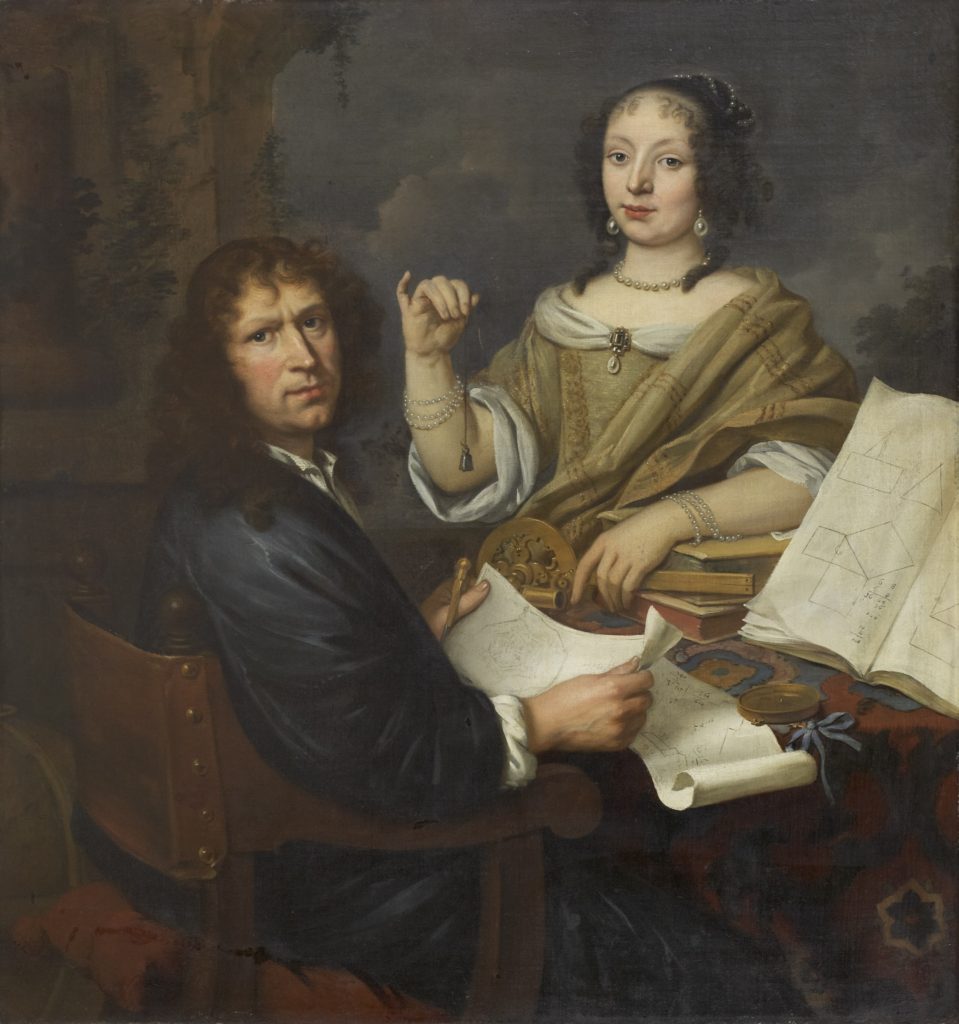Scientiae 2021 Virtual Conference - University of Amsterdam (9-12 giugno 2021)
Programma:
http://scientiae.co.uk/amsterdam-2021/
Registrazione via Eventbrite fino al 31 maggio
ROUNDTABLE ON THE MOBILITY OF SCIENTIAE FROM EAST TO WEST
Mercoledì 9 giugno - 17.30-19.00
The aim of the roundtable is to connect geopolitics to the history of knowledge by throwing ideas around the mobility of Scientiae from East to West following the Turkish invasion of Constantinople which sealed the fall of the Eastern Roman Empire in 1453. Our assumptions are: (1) violence was its main cause; (2) European scholars who traced its history in the seventeenth century did it from a national-centred rather than a Euro-centric perspective. We look forward to a lively discussion.
Margherita Losacco - Padua - The Mobility of Greek Scientiae from Constantinople to Venice.
Setting the historiographical scene and locations: Constantinople and Venice. No comprehensive survey has been devoted so far to the mobility of the Greek manuscripts between East and West, in itself and as a factor of both the cultural shaping of Europe and the constitution of the main modern European libraries. The first part of this paper will draw a map of the multiple roads the Greek manuscripts took from the beginning of the 15th century up, and including to, the 18th. In its second part, it will take into consideration an extraordinarily representative case-study – namely, the Biblioteca Marciana in Venice. It will discuss how, when, and why this vast collection of manuscripts formed, along which directions, and through which figures (both individual and institutions) the about 1204 Greek manuscripts it holds came to the library.
Ottavia Mazzon - Padua - The Other Mobility of Greek Scientiae in the West.
Loans of Books in 16C Venice. What happened once these works arrived in the West through Southern Europe. While the widespread dissemination of the printing press in the first half of the 16th century made a large body of ancient texts available to an unprecedented number of scholars, many rare works, not yet printed, remained inaccessible due to lack of free library access. In 1544, the Libreria di San Marco in Venice established clear rules for book loan that granted readers with access to its manuscripts. This change is documented by the first systematic loan registers of the library: a systematic inquiry on the book loans here recorded, their borrowers, the use they made of library books (traced through the copies they made, annotations, and letter exchanges about their studies) will shed light on the impact a library collection had on the progress of scientific speculation in the central decades of the 16th century.
Raffaella Santi - Urbino - Thomas Hobbes on the Mobility of the Scientiae from East to West.
In the 17C it was common to insert a paragraph about the genealogy of knowledge in works of all kinds, from politics to religion, and from geography to cosmography. Thomas Hobbes had something special to say about it. Taking his cue from the mobility of the Scientiae from East to West, the English political thinker argued that his fellow countrymen should imitate the ancient Greeks, who always used their own vernacular language for both knowledge production and transmission. England, far from Turkish assaults onto Southern European, should thus become the new Greece from before the Turkish invasion. This paper will contribute to our exploration of the usefulness of the mobility prism in Scientiae studies by drawing attention to the link between early modern linguistic patriotism, geopolitics, and history of knowledge.
Vittoria Feola - Padua - The Uses of Narratives about Scientiae Mobility from East to West.
While it is indisputable that an important transfer of knowledge took place from East to West at the dawn of the European Renaissance, the scores of histories of knowledge which have been produced about it presented it in wildly differing terms. They reflected national European as opposed to Euro-centric aims, in a context of military confrontation against the East. Some displayed a genuine interest in the mechanics and logistics of manuscripts and books on the move from Costantinople to Venice, as exemplified in Peter Lambeck's narrative in 17C Vienna. Others were more openly politically-driven, and argued for the intellectual superiority of their own country once that transfer had taken place, as early members of the Royal Society of London did in many of their papers. The contexts of production of both kinds of narratives reflected the geopolitics affecting their authors. Starting from a discussion of Dmitri Levitin's arguments in Ancient Wisdom in the Age of the New Science, this round table will be focus on the impact of geopolitics onto both the mobility of Scientiae and on its scholarly representations. It is as relevant today as it was in early modern Europe.
Scientiae 2021 - Università di Amsterdam: la socia Raffaella Santi presenta un "paper" su Hobbes
-

